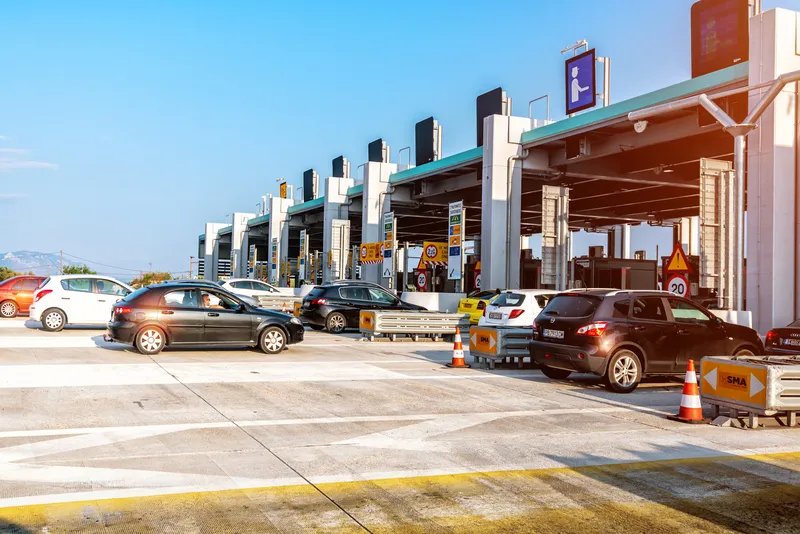The European Commission will consider a legal challenge against Germany over the new road toll law, according to Commission President Jean-Claude Juncker. Critics argue that the toll discriminates against foreigners.
The European Commission's President Jean-Claude Juncker said in an interview with Süddeutsche Zeitung that the planned German road toll did not appear to conform to EU rules prohibiting discrimination against foreigners.
"The Commission, the guardian of the EU treaties, now has to explore
June 2, 2015
Read time: 2 mins
The 1690 European Commission will consider a legal challenge against Germany over the new road toll law, according to Commission President Jean-Claude Juncker. Critics argue that the toll discriminates against foreigners.
The European Commission's President Jean-Claude Juncker said in an interview with Süddeutsche Zeitung that the planned German road toll did not appear to conform to EU rules prohibiting discrimination against foreigners.
"The Commission, the guardian of the EU treaties, now has to explore whether the treaties have been violated - if necessary at the European Court of Justice," Juncker said.
The toll, which Germany's parliament approved in March, will force foreign car drivers to pay up to 130 euros (US$143) a year for using the country's motorways.
German drivers would also pay the toll, but would receive a corresponding reduction in automobile taxes, which critics inside and outside the ruling grand coalition say contravenes EU rules.
Juncker's comments follow a report in Die Welt on Saturday that quoted Commission sources saying it planned to launch a legal challenge against Germany.
The European Commission's President Jean-Claude Juncker said in an interview with Süddeutsche Zeitung that the planned German road toll did not appear to conform to EU rules prohibiting discrimination against foreigners.
"The Commission, the guardian of the EU treaties, now has to explore whether the treaties have been violated - if necessary at the European Court of Justice," Juncker said.
The toll, which Germany's parliament approved in March, will force foreign car drivers to pay up to 130 euros (US$143) a year for using the country's motorways.
German drivers would also pay the toll, but would receive a corresponding reduction in automobile taxes, which critics inside and outside the ruling grand coalition say contravenes EU rules.
Juncker's comments follow a report in Die Welt on Saturday that quoted Commission sources saying it planned to launch a legal challenge against Germany.








